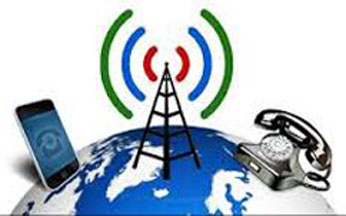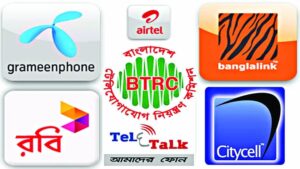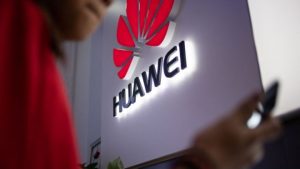Bangladesh witnessed a tangible progress in the telecommunication sector in 2016 by implementing biometric SIM registration system for mobile phone users, initiating installation of own communication satellite, connecting to a second submarine cable and getting rights over ‘dot bangla domain’.
The steps taken by the government last year would make the sector more sustainable and vibrant, reaching the necessary services to people’s doorstep towards attaining the vision for Digital Bangladesh, industry people observed.
They said the biometric SIM verification brought discipline in mobile phone services to thwart telephony crimes while independent communication and broadcasting satellite would cut foreign dependency and second submarine cable would secure ICT backbone.
“Bangladesh has set an example before the world by implementing the biometric SIM verification system for the mobile phone users,” state minister for posts and telecommunications Tarana Halim said, noting that Thailand would follow Bangladesh’s footprint.
The biometric verification system initially caused fall in selling of SIM, but it could not effect internet penetration and data consumption. According to the statistics of Bangladesh Telecommunication Regulatory Commission (BTRC), the internet users rose by 22.33 percent last year when 94.18 percent of the total 6.68 crore internet users browsed through mobile internet.
Last year, the country also registered 1.8 crore new 3G users through five mobile phone operators.
The country has also advanced by a major step forward to launch the country’s first communication satellite “Bangabandhu-I”. In September, it signed a 157.5 million Euro (equivalent to Taka 14 billion) deal with Hongkong and Shanghai Banking Corporation (HSBC) for satellite.
French firm ThalesAlenia Space will manufacture, launch and maintain the satellite for providing communication and broadcast services. The satellite project has got the prestigious “Recognition of Excellence” award from the International Telecommunication Union (ITU).
Last year the government completed all preparations to connect the country with the second submarine cable in February this year to get another 1320 gbps bandwidth. This will create more scope for exporting bandwidth to neighbouring countries besides offering users high speed internet.
Bangladesh already started export of 10 gbps bandwidth to Indian state of Tripura, which will generate around Taka 10 crore annually. Bhutan started discussion in August to initially import 5 to 10 Gbps of bandwidth from Bangladesh.
The much-awaited dot bangla domain was launched for the people on December 31 last. Indian state West Bengal and Sierra Leone, one of whose official languages is Bangla, had also applied for the internationalized domain name (IDN) label-dot bangla.
On the other hand, with the aim of ensuring accountability, transparency and expediting official procedures, the Posts and Telecommunications Division (PTD) introduced e-file tracking system.
Last year was a rewarding year for the telecom sector when Bangladesh had been elected chairman of two international telecommunication associations – South Asian Telecommunication Regulatory Commission (SARTC) and Asia Pacific Information Super Highway (APISH), reports BSS.




